Blue Ox Towing Guide: Chapter 5
CHAPTER 5: TOWING TIPS
BLUE OX TOWING GUIDE
Common Trailer Towing Mistakes
Whether you are new to towing or a seasoned towing expert, it is important to avoid some of the most common trailer towing mistakes.
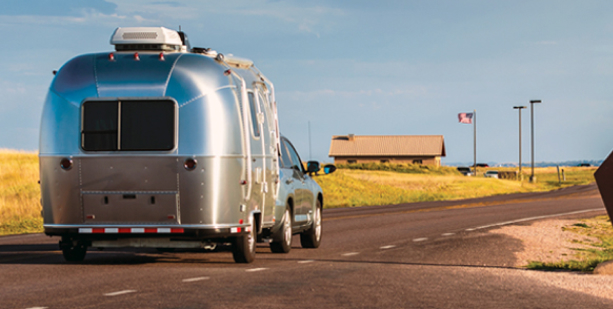
Overloading Your Vehicle or Trailer
Trying to pull too much weight with your vehicle can cause a whole list of issues. It is crucial to follow the towing capacities set for your vehicle, trailer, and other towing equipment.
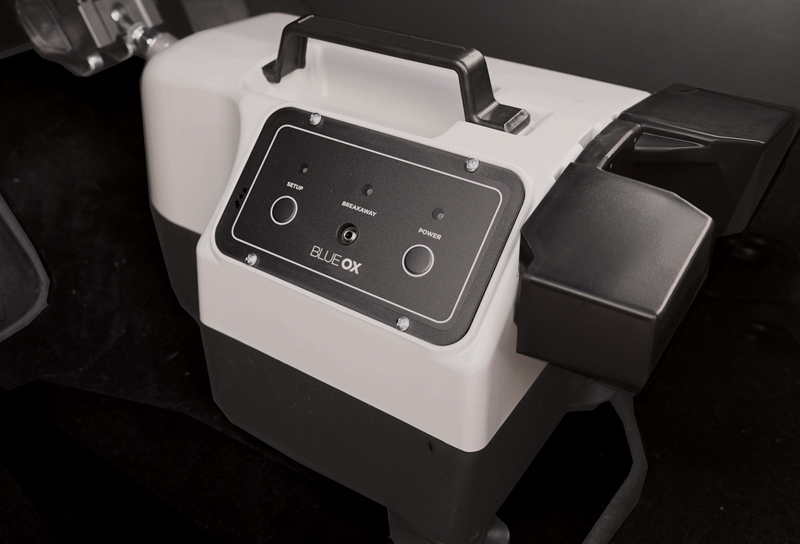
Neglecting Your Brakes
Your brakes can get worn out quickly if you're towing a heavy load. Be sure to check your brakes before you depart for a trip and consider installing a tow brake to help ease the wear and tear on your vehicle's brakes.
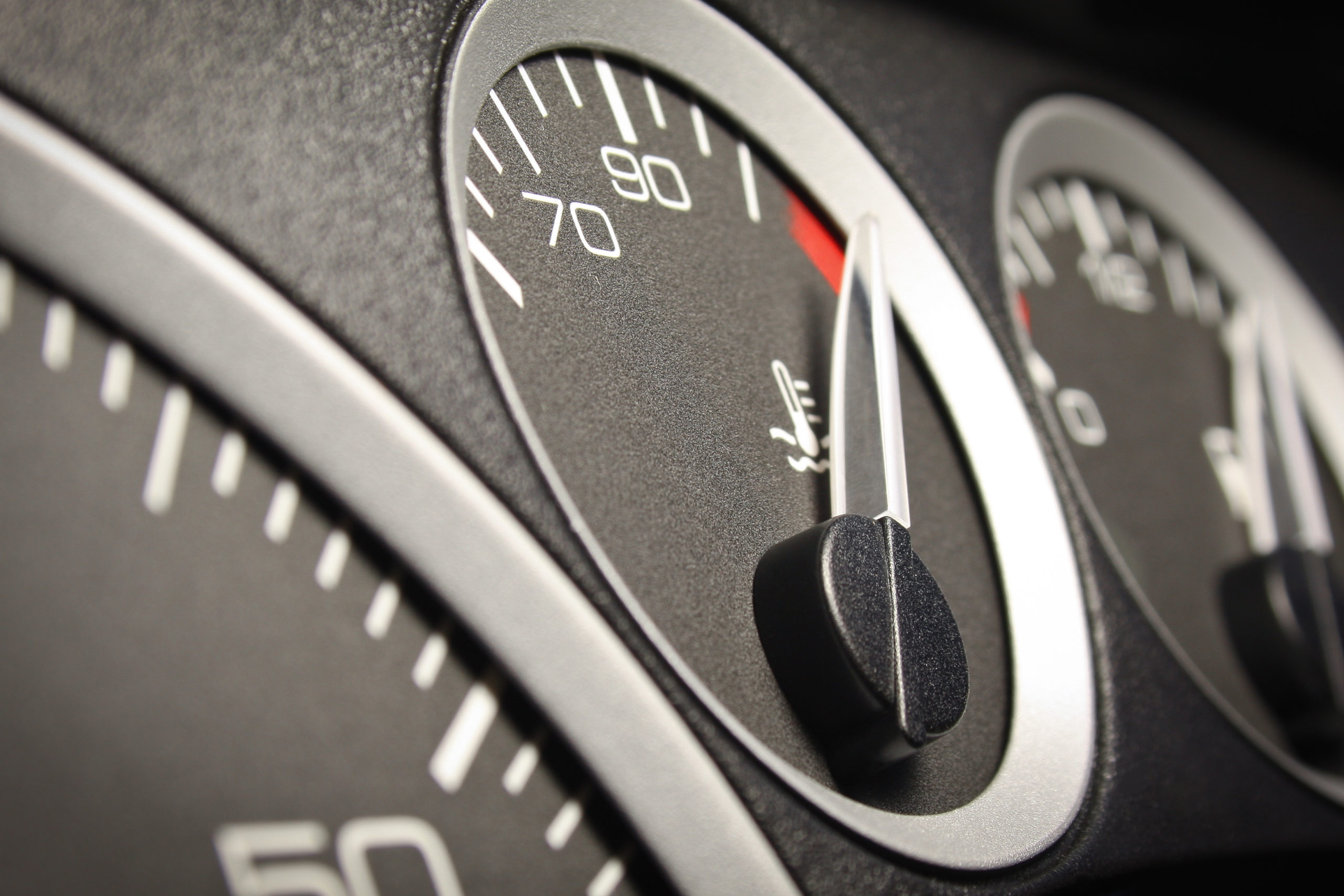
Letting Your Engine Get Too Hot
Towing can put additional stress on your engine, and it could suffer damage if it isn't being cooled properly. If you allow your engine to overheat, don't be surprised if you end up with a warped head, cracked pistons, or scored cylinder walls. Keep an eye on all of your gauges when towing to avoid this issue.
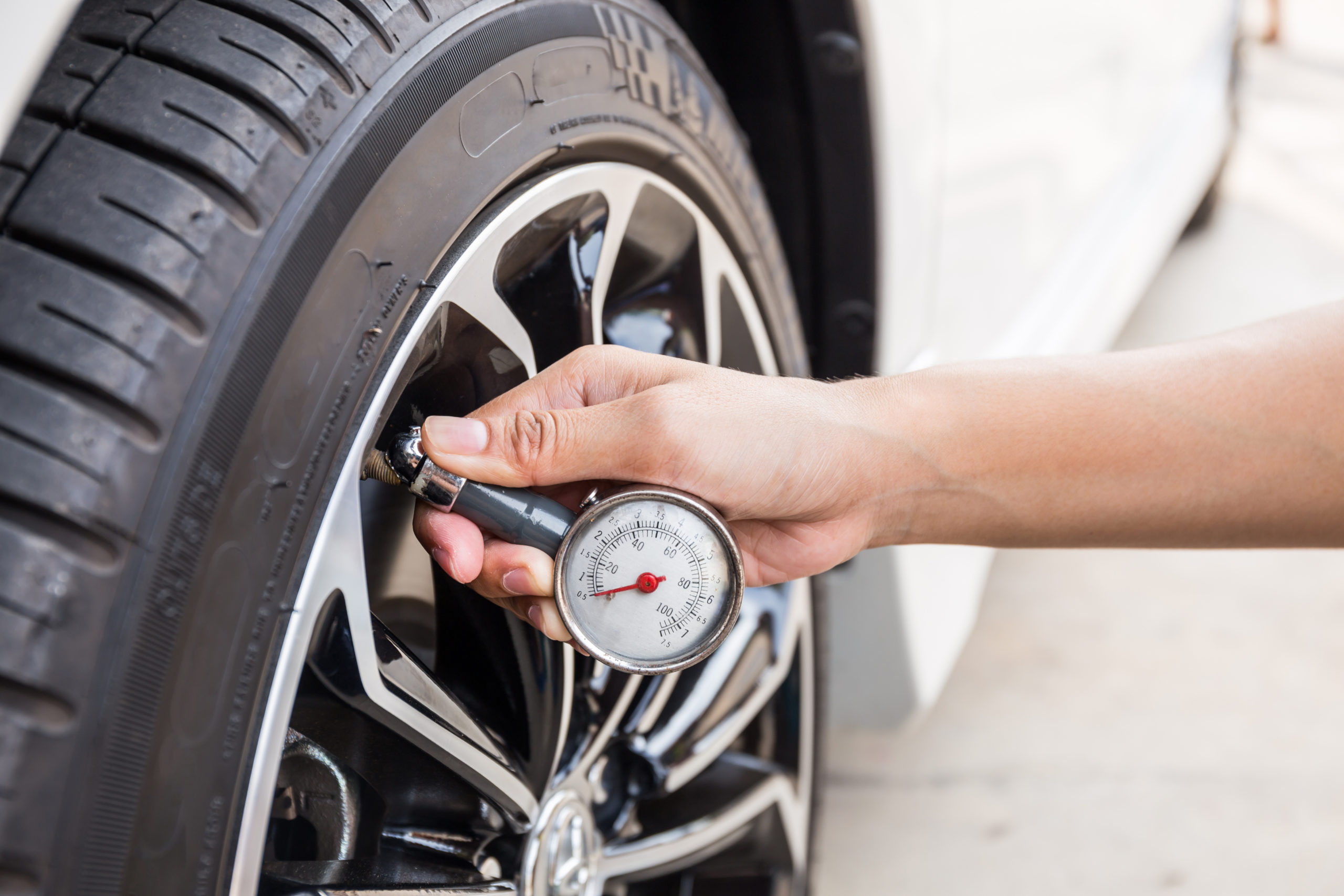
Low Tire Pressure
Always check the tire pressure on every tire before hitting the road. Incorrect tire pressure can cause uneven wear and result in a blowout. If your trailer sat for a season, the tires likely lost some air, so make sure you don't skip this checklist item.
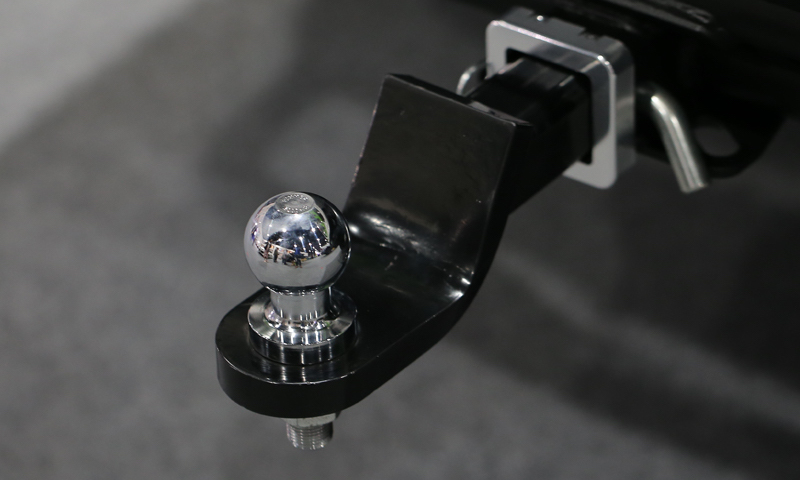
Using the Wrong Ball Size
There are some common ball sizes, including 1 ⅞ inch, 2 inches, and 2 5/16 inch, each with its own separate weight rating. Using the incorrect ball can pitch your trailer and put extra stress on your rig.
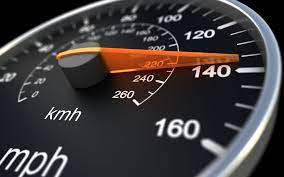
Driving Too Fast When Towing
Attempting to get to your destination faster could mean you don't make it there at all. Driving too fast when towing can overwork your vehicle and cause damage to your engine, and may also cause trailer sway. Plus when you tow, it takes you longer to stop and could cause an accident. Take your time to ensure you reach your destination safely
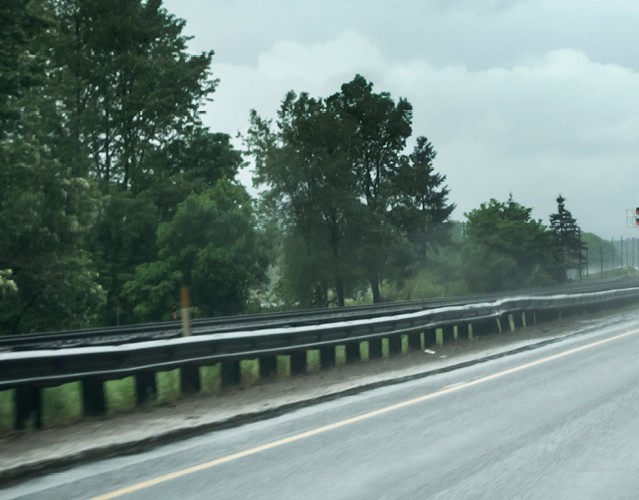
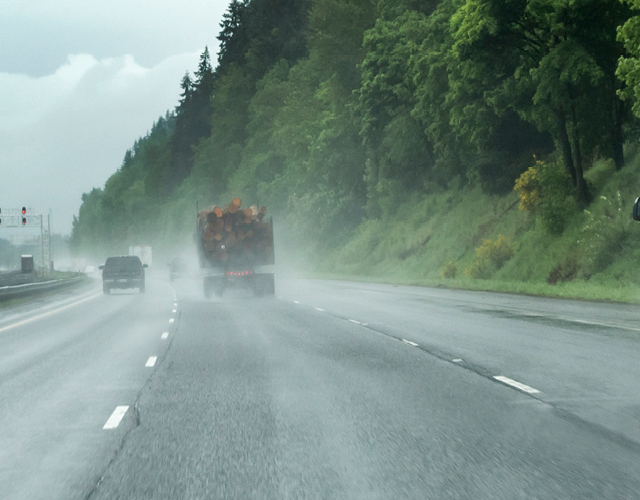
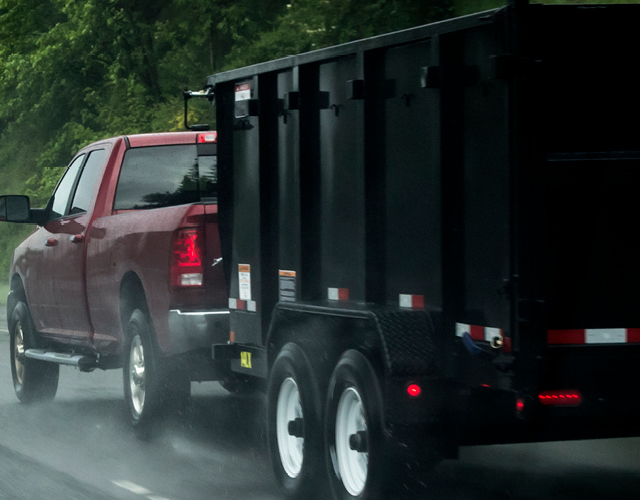
Towing In Bad Weather
You know to be on the lookout for trailer sway when towing, but understanding the role weather plays in trailer sway can help you be more prepared. One of the most common and unexpected causes of trailer sway is wind. High winds, gusting winds, and bow winds can set your trailer into a swaying motion. Rain can also create a perfect storm for trailer sway. As the roads become wet and slippery, your tires could lose traction or you could hydroplane. Snow and ice are another risk factor for trailer sway and it is best to avoid towing a trailer when this kind of wintery weather hits.
Tips for Driving While Towing a Trailer
Maintain A Moderate Speed
Driving too fast when towing a trailer can cause problems. High speeds can make your trailer fishtail and create trailer sway. Getting to your destination faster shouldn’t be at the expense of the safety of yourself and others on the road.
Pass With Patience
It will take you longer to pass other vehicles, so make sure you have plenty of room and time to make it around them. If you are on a two-lane road, you should avoid passing if at all possible.
Leave Extra Room to Stop
When you're hooked up to a trailer, it will take your vehicle longer to stop. So leave plenty of room between yourself and others. Installing a trailer brake controller can help you have more braking power as well.
Stay Alert
One of the best things you can do when towing a trailer is to stay alert and anticipate problems before they happen. If there are others in the vehicle with you, ask someone to help navigate so you can keep your eyes on the road. Also, if you're traveling a long distance, plan to stop and rest when you start to get tired or have a 2nd driver ready to take over.
Choose The Right Equipment
Safety is #1 when towing. Blue Ox has a large selection of towing equipment that is trusted by people all over the United States.
